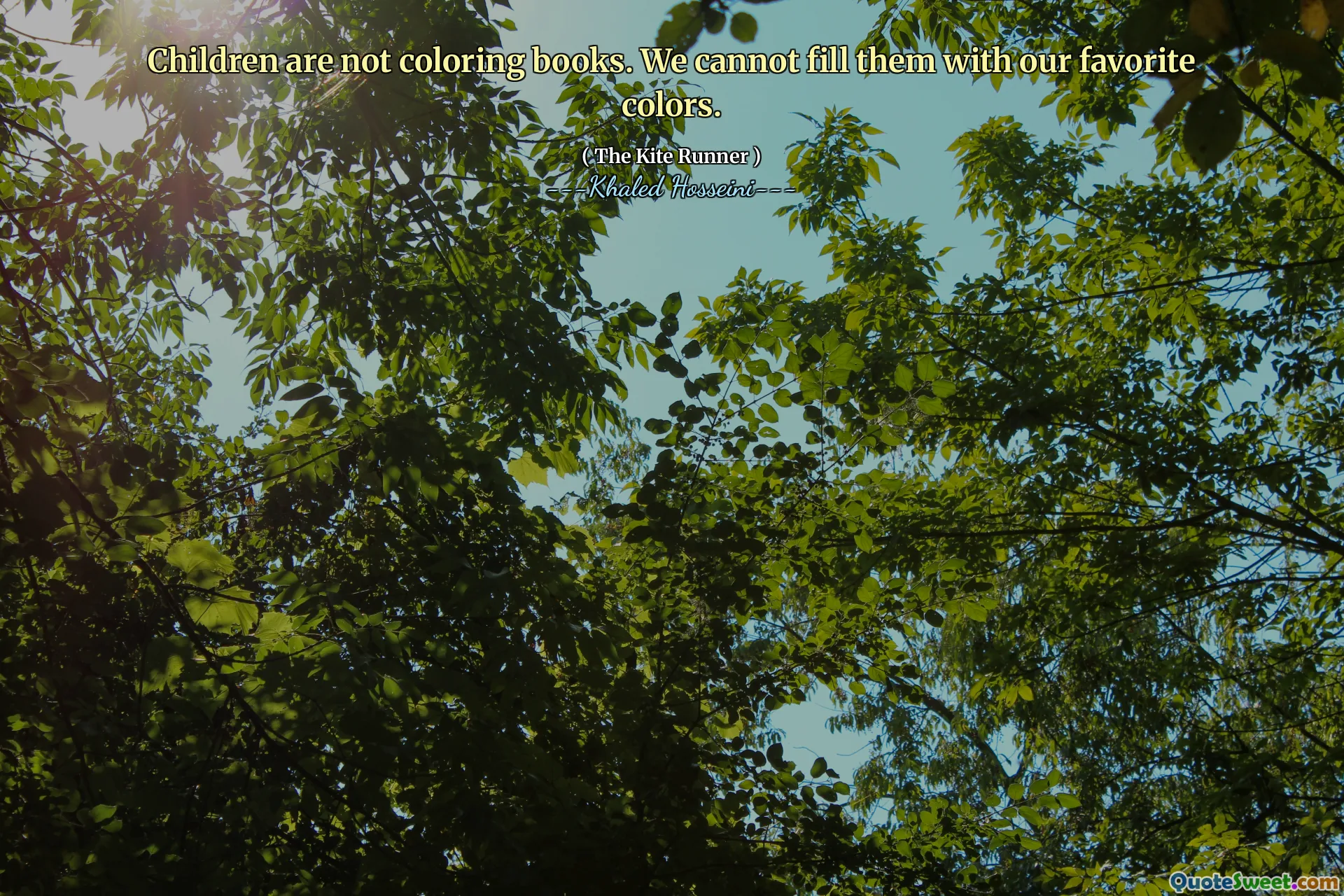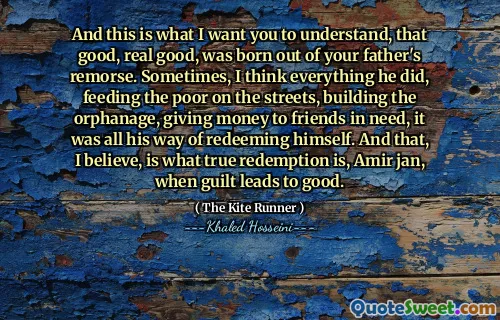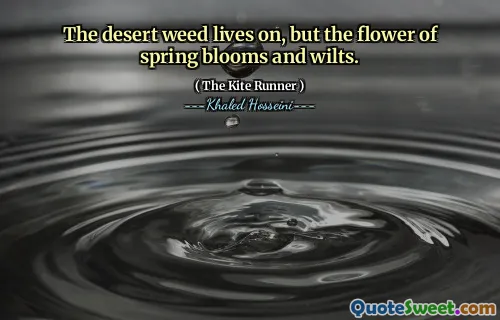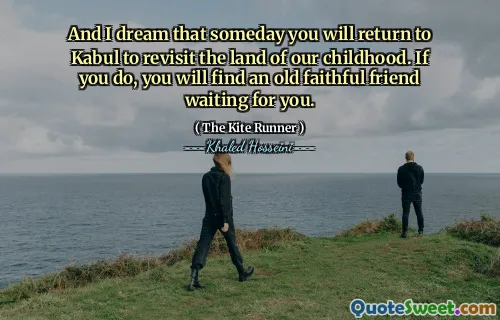
Children are not coloring books. We cannot fill them with our favorite colors.
This quote encapsulates a vital truth about human individuality and the intrinsic nature of children as independent beings. It reminds us that children are not blank canvases onto which we can project our own desires, preferences, or expectations. Much like the themes explored in Khaled Hosseini's The Kite Runner, where the struggles of friendship, identity, and redemption unfold, this statement underscores the importance of recognizing and respecting each child's unique personality and growth path. The metaphor of coloring books suggests an attempt to impose predetermined patterns and boundaries, which ultimately neglects the vibrant, dynamic nature of children's minds and spirits.
Reflecting on this, it becomes clear that parenting and education should focus on nurturing children's intrinsic qualities rather than molding them to fit a particular mold or social expectation. Too often, adults may unconsciously try to shape children in their own image, shadowing their authentic selves and stifling creativity. This quote challenges us to embrace diversity in thought, behavior, and dreams, fostering environments where children can explore and express themselves freely without fear of judgment or control.
This perspective aligns with broader humanistic principles and empathetic approaches, emphasizing respect, patience, and support as foundational to healthy development. By valuing children as whole individuals and not mere vessels to fulfill adult projections, society can cultivate generations that are confident, self-aware, and resilient. Such an approach also encourages adults to reflect on their own biases and aspirations, promoting more conscious and compassionate interactions. Ultimately, this quote is a call to honor the autonomy and potential inherent in every child.











